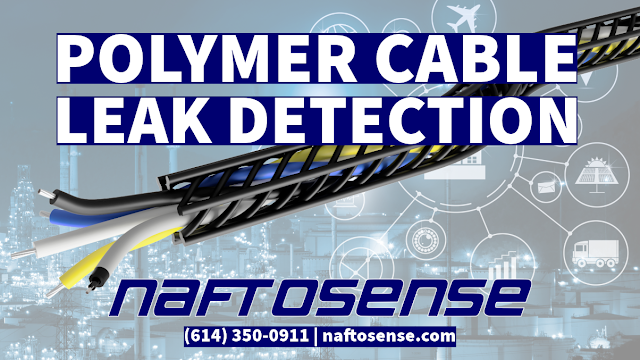EXECUTIVE SUMMARY
Hydrocarbon leaks pose a significant and recurring financial and environmental threat across U.S. industries, from pipelines and industrial plants to commercial buildings and airports. National data from the U.S. Department of Transportation, EPA, and NOAA confirm that even modest leaks can rapidly escalate into multi-million-dollar cleanup efforts when not detected early. Traditional detection methods such as SCADA systems, visual inspections, and infrared imaging often fail to catch small or slow leaks in time, leaving businesses exposed to regulatory penalties, environmental damage, and operational downtime.
Polymer Absorption Sensor (PAS) technology offers a compelling solution. Using engineered polymers that react instantly upon contact with hydrocarbon liquids, PAS provides real-time, location-specific alerts the moment a leak occurs. Unlike pressure-based or optical systems, PAS operates on direct fluid contact, making it ideal for detecting small leaks before they become large-scale incidents. This technology can be deployed along pipelines, beneath tanks, and around fuel infrastructure, and is already commercially available from providers such as Naftosense of Dublin, Ohio.
The economic rationale is strong: cleanup costs can exceed $200 per gallon spilled, and delayed detection often leads to environmental contamination and extended facility shutdowns. A leak detected within an hour might cost $12,000 to remediate; the same leak left unnoticed for a week could cost over $2 million. By preventing just one significant spill, PAS systems can deliver a tenfold return on investment.
PAS technology enhances existing monitoring systems and fulfills emerging regulatory requirements for advanced leak detection. It empowers companies to shift from reactive to proactive spill prevention—protecting both the bottom line and the environment. For operators in energy, aviation, manufacturing, and commercial real estate, the message is clear: investing in PAS technology is not only good stewardship—it’s good business.
https://naftosense.com(614) 350-0911





